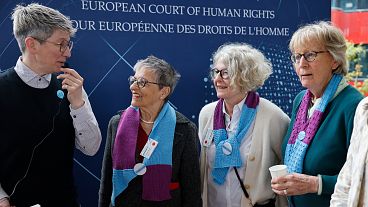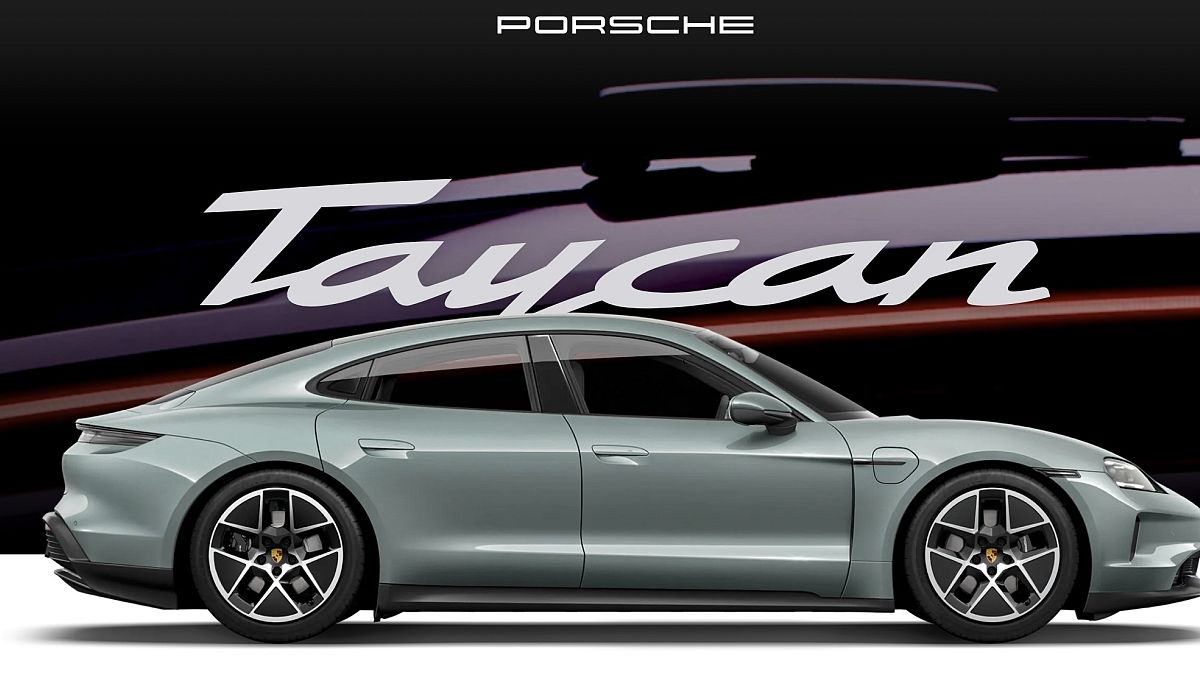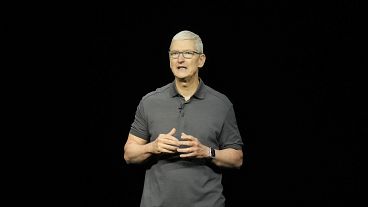The news comes after Porsche warned that production of some cars had been hit by a shortage of aluminium parts following the flooding of a factory at a key European supplier.
Luxury car maker Porsche has abandoned its sales target for electric vehicles (EVs) because of a lack of demand from customers.
The super brand sports car maker had previously insisted EVs would be worth up to 80% of its new sales targets by 2030.
However, company bosses have now diluted that figure and say only it will depend on uptake.
In a statement reported by The Telegraph, Porsche said: "The transition to electric vehicles will take longer than we assumed five years ago.
"Our product strategy is set up such that we could deliver over 80pc of our vehicles as all electric in 2030 – dependent on customer demand and the development of electromobility."
Porsche is not the only car maker to suffer from customers' reluctance to move to electric vehicles. Drivers are said to be reluctant to make the transition because of concerns about the latest technology and, also, the low-carbon "e-fuels" alternatives to petrol.
In a comment to Euronews, a Porsche spokesperson said it was not cutting its goal but "just reflecting the situation around the development of e-Mobility around the world."
In an earlier statement, it said: "Our product strategy is designed to allow for more than 80% of our new cars fully electrified in 2030 – depending on the demand of our customers and the development of electro-mobility in the regions of the world.
"Porsche is monitoring further developments very closely and is flexibly positioned for the future to be able to react to latest customer requirements and regulations, even beyond 2030.
"The flexibility between ICE/BEV and PHEV production capacities are the key and necessary to fulfill the differing customer and market demands."















